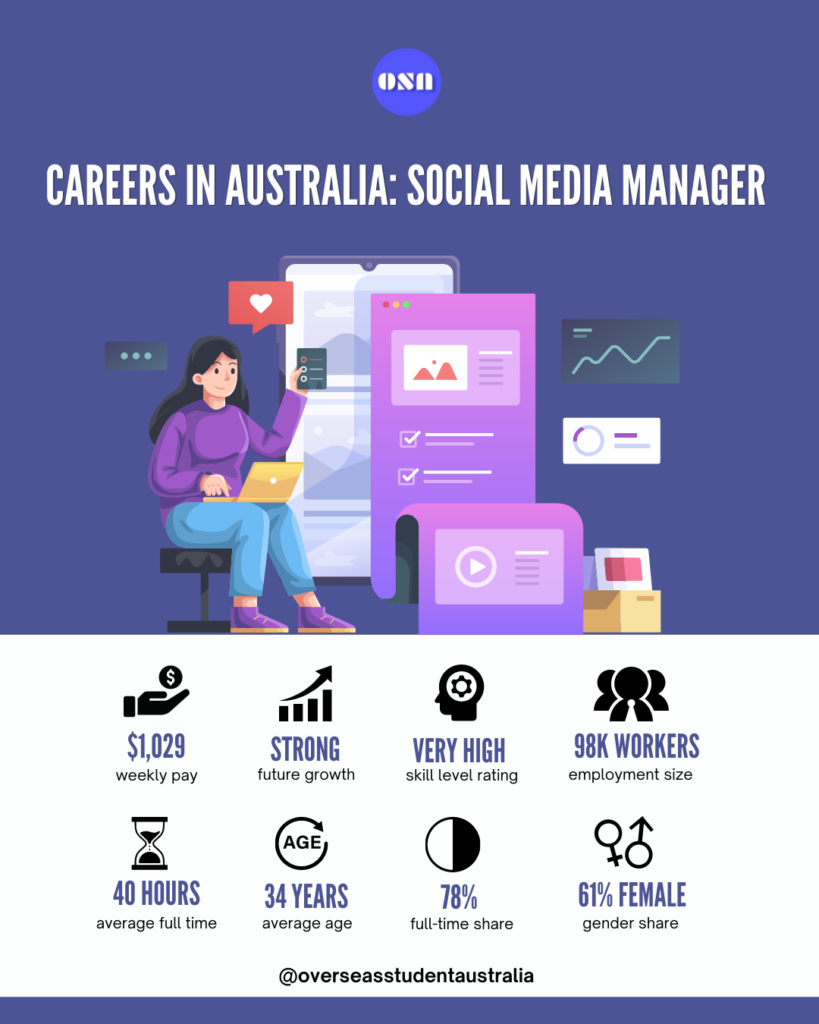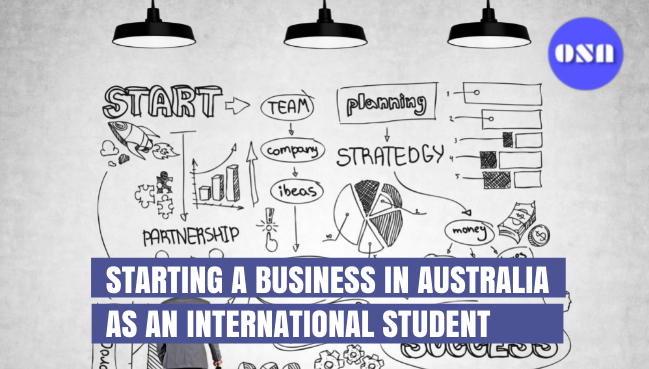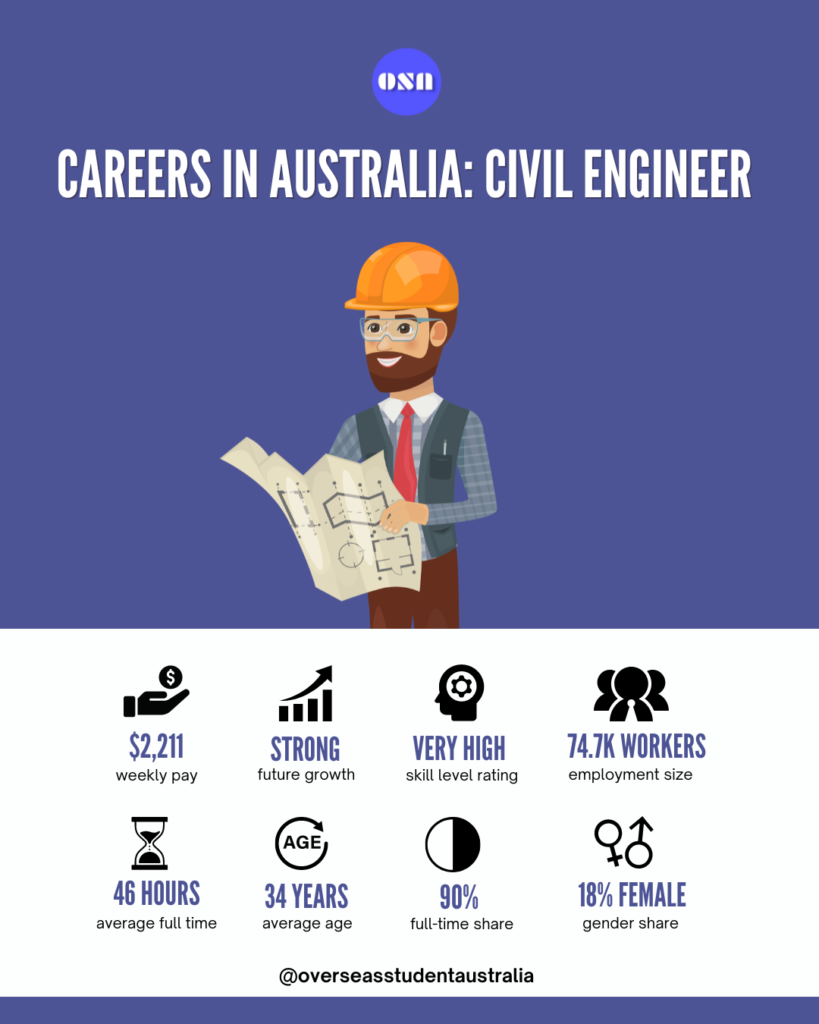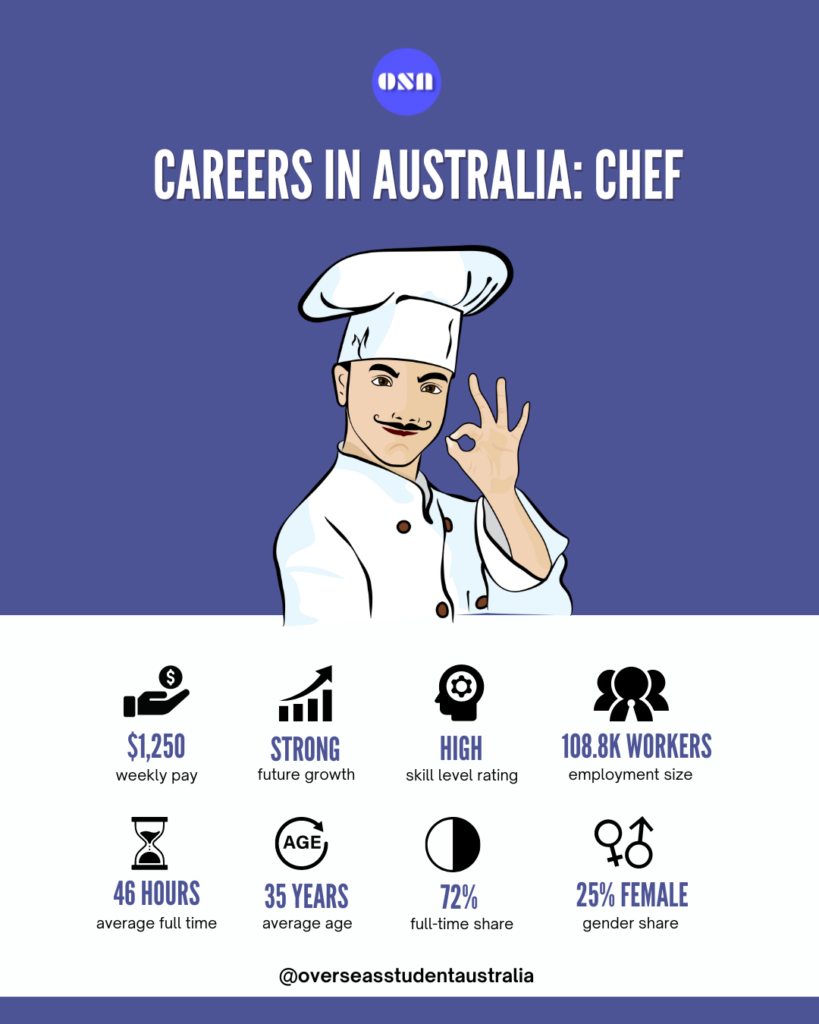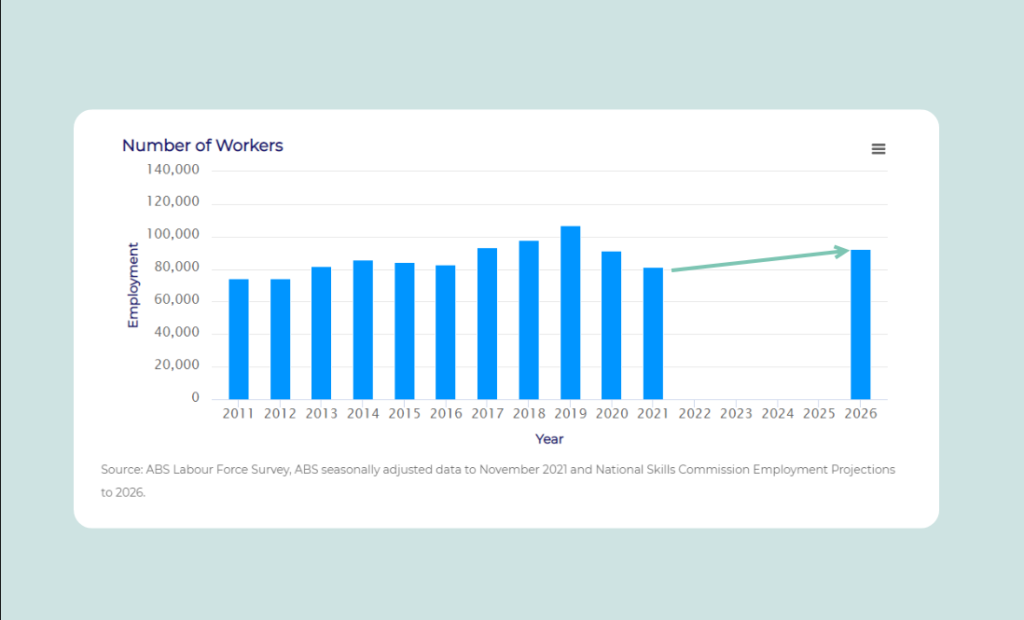13 Frugal-Fun Activities for International Students in Australia

Australia has so much to offer international students. Students are lucky they can explore Australia on a budget. There are so many amazing things in Australia, It will take a lifetime to explore them. So, here is the ultimate bucket list of frugal fun activities for students in Australia.
These recommendations on Frugal-Fun activities for international students in Australia are on a low budget, you don’t need to worry about the expenses. The biggest expense on which you’ve to spend is a flight ticket. But there are so many flights that offer student discounts or the best rates possible.
So, are you excited?
Let’s start!
1. Hop On Beaches Around Sydney

International students can experience different things in Australia. The beaches around Sydney are famed. If students want to get the classic experience, they should take the green Manly Ferry from Circular Key across Sydney Harbor to Manly Beach.
Students will have to spend $10 on tickets, and it’s worth it because there are so many views and for the transport itself. You can also go from a 4-mile Coogee Beach to Bondi Beach and walk along coastal cliffs.
This is one of the cheapest activity for Australian students, and you will also have a superb experience for sure.
2. Go to the Sydney Opera House

This is the most interesting place in Sydney and is known as iconic as the Eiffel Tower. Here students can get knowledge of different things like you can select a tour to get an inside look into the building, this will give you a whole new appreciation and idea of just how much effort and work it took to create this architectural masterpiece.
If students plan to tour the opera house, it will be great and make them feel alive. It will look so beautiful in pictures. Data shows that more than 10.9 million people visit the Opera House every year.
3. Scale Cradle Mountain in Tasmania

As international students want cheap & free, frugal fun activities, this scale, cradle mountain is the cheapest to visit. If you get the opportunity to go there, you should definitely try. You will find there are some amazing things to do on a student budget, such as hiking up the beautiful Cradle Mountain in the Central Highlands.
Student life is full of expenses, so they have to take care of so many things such as looking for coupons for shopping, sharing a room, using public transport, or saving from their pocket money.
If they break their budget, they will have to face problems. But that doesn’t mean students can’t enjoy their life. If they consider these places to visit, it will not harm their budget.
4. Examine the Rocks District

There are so many places in Australia that will make you feel modern. But there are also classics & history available. Students must see Hidden alleyways lead to fantastic markets and colonial buildings. The 2021 estimated data shows that the Resident Population for The Rocks, Millers Point, and Dawes Point is 2,865, with a population density.
You will be surprised to look at the shining stars at the Sydney Observatory and ogle at artefacts at the Rocks Discovery Museum. Australia is one of the unique continents on the planet. If you live in Sydney for studies, you must watch the epic geological history all around you!
5. See Tame Dolphins at Monkey Mia

Most students have the desire to watch dolphins and feed them something. Dolphins have been swimming up to the beach at the Monkey Mia peninsula in Shark Bay on the West Coast since the 1960s. They come in every morning in knee-deep water to entertain the tourists.
These frugal entertaining activities for boys and girls students help to get different experiences in life. Students just don’t want to miss any chance and enjoy every moment of their life.
6. Relax At the Blue Mountains

The thing to do for students in Australia within budget is to feel the fresh mountain air, it feels to you as you rise above Sydney and enter the spectacular Blue Mountains region. If you want to explore the best, The Blue Mountains are perfect for it.
They are situated within a World Heritage area, offering a peaceful, relaxing environment for that perfect lifestyle. There’s nothing better than fresh mountain air. You will be motivated here to hit the books for next week’s exams or research papers!
7. Camp on Fraser Island

Fraser Island is known as the largest sand island in the world. It will give Fraser Island visitors room to access the best of Island life. This is full of amazing activities, with subtropical rainforests to walk through; over 100 freshwater lakes to swim in. This can be a great frugal activity for students during their summer break.
Students will get an unforgettable island eco-adventure. There is also an option for the cruise to discover the untouched beauty of the remote western side of the island. Isn’t it an economical student-friendly activity in Australia?
8. Enjoy An Australian Rugby Match

Students will enjoy seeing Wallabies play! The Rugby match is a favourite sport for most Australians. People come from different places to New South Wales, Queensland to watch this match.
Every student has different choices in sports, but they enjoy whatever sport they watch live. There are so many fun activities for international students in Australia, and this Rugby match is one of them.
Always look up for student tickets or ask local student associations for freebies.
9. Dance All Night In Brown Alley, Melbourne

Everyone enjoys the parties, dancing, food, cheers, etc. This nightclub will bring a special night in a student’s life when they forget all the stress and just take a break from their hectic life.
This club is known as the most forward-thinking club in Australia. International students will always remember these special moments when they spent less money and enjoyed the most.
10. Climb the Sydney Harbor Bridge

Students must do thrifty things while studying in Australia to bring some enjoyment to their lives. Harbor Bridge is the main tourist attraction. Visit the top, well-known building and enjoy an unbeatable view of the Sydney city skyline.
You can go there either at night or by day. More than 4 million Climbers came to Australia from 140 different countries around the world, since 1 October 1998.
Look up on deals or coupon websites to find best student deals for climbing this famous bridge.
11. Try Sand Boarding In Dunes

Australia must recommend international people to experience Sandboarding in the desert. Students will feel that this is one of the most exciting inland sports experiences they will ever have.
Students must do Australian activities for every budget to enhance their knowledge, and it will be their favourite outdoor activity for sure. Slide down the dunes and feel like a snowboarder for a moment.
12. Explore The Local Markets

Local markets are available overall in Australia. In local markets, when you connect to people, you’ll learn a lot about Australian culture. Every time going to a branded store becomes boring, it will be fun to try some new adventure.
So, meet the locals and try local cheese, chocolates, and jam. It will not affect your financial planning, surely.
13. Bet A Dollar At Melbourne Cup

The Melbourne Cup is the most famous in Australia. A lot of people come to see the horse race. It is also the richest “two-mile” handicap in the world and is known as one of the richest turf races.
Whenever students get a chance to attend the Melbourne Horse Cup, they must join. Look up on student association websites or boards for getting a deal to enter Melbourne cup.
If you can’t get the tickets, then you might be able to watch it in local pub, bar or pokies.
Conclusion
Studies are important in life, but at the same time fun is also important to stay cheered up. There are so many fun activities to do in Australia, whatever you choose, depends on your budget.
These are the few ways by which students can save money to enjoy the max by spending the least. Activities do not just give you enjoyment, but also help you to learn new things.
So, keep studying and have fun in your life!


